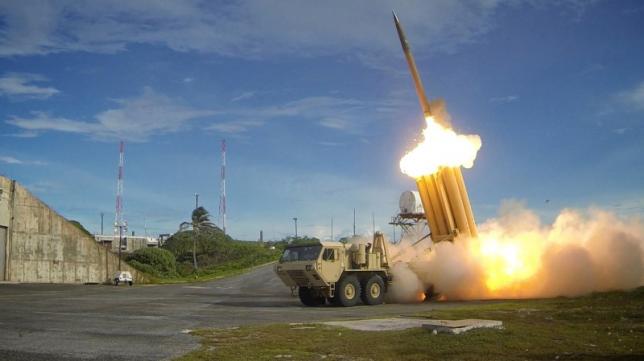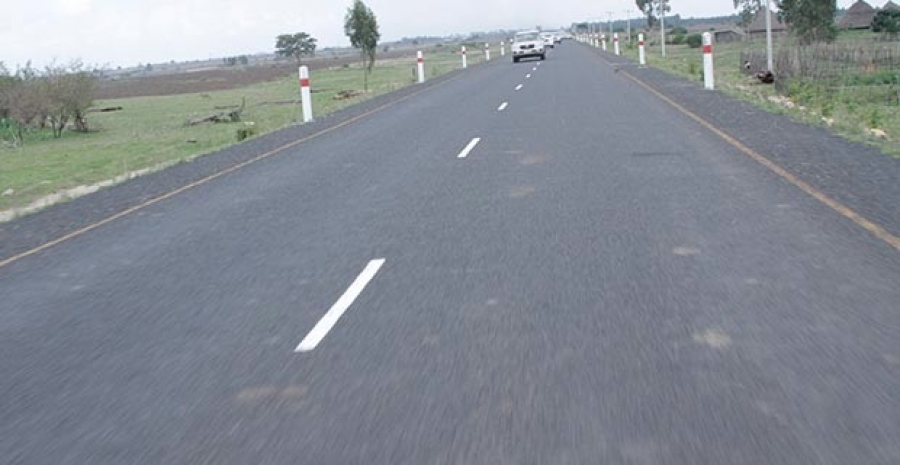Liberian international soccer star-turned-politician George Weah recently said he will make a second bid for the presidency of the impoverished West African nation in an election next year.
Chanting “You can have the whole world but give me Weah,” thousands of his backers packed onto the grounds of his Congress for Democratic Change (CDC) headquarters in the capital, Congo Town, to listen to the announcement.
Liberia has spent more than a decade rebuilding from a long civil war that ended in 2003 and decimated infrastructure in the nation founded in the 19th century by freed American slaves.
It was dealt a further blow by the worst Ebola epidemic on record, which has killed more than 4,800 of its citizens over the past two years while crippling the health sector and slashing economic growth.
“Having heard the cry of our people and seen their plight, I … declare before you my countrymen and the Almighty God that I shall contest the presidency of our beloved country in the 2017 national elections,” Weah, 49, said.
Weah became a household name during a career in Europe spanning nearly a decade and a half that saw him play for marquee teams including Monaco, Paris Saint-Germain and Marseilles in France, AC Milan in Italy and English sides Manchester City and Chelsea.
A striker, he is widely considered one of the best players ever to emerge from Africa and in 1995 won European football’s Ballon d’Or and was named FIFA’s World Player of the Year, becoming the first African to win the awards.
He entered politics in his home country, contesting the 2005 presidential vote, but lost a run-off election to Nobel Prize winner Ellen Johnson Sirleaf.
In 2011, he ran for vice-president on the losing ticket of Winston Tubman. But he has remained a vocal critic of Sirleaf and his CDC has risen to become Liberia’s leading opposition party.
Weah won a seat in the Senate in 2014, defeating President Sirleaf’s son, Robert, at the polls.
Weah said he would make fixing the education system, building new clinics and hospitals, reviving agriculture, and combating youth unemployment his top priorities.
“Over the past 10 years we have seen that the majority of our people continue to live in abject poverty,” he said on Thursday. “We remain open to political collaboration and we call on other political parties to join us in realising this vision. The work begins now.”



